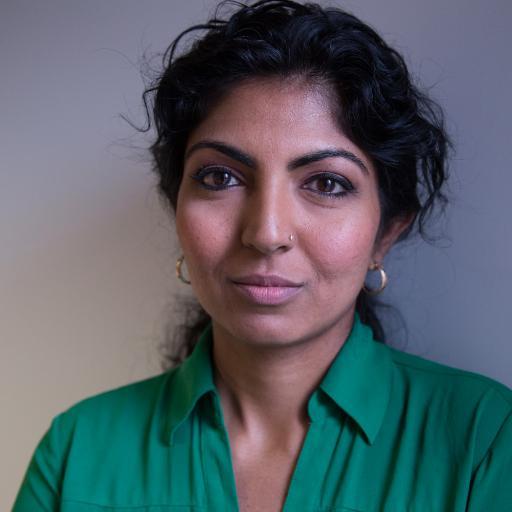Zone Strikes

How China, India and Brazil broke America's grip on the World Trade Organization.
Political economist Kristen Hopewell explains how a push by China, India and Brazil against the World Trade Organization's neoliberal orthodoxy challenged US trade dominance via protectionism, exposed the contradictions within neoliberalism, and broke the power of a trade organization unequipped to handle the political pressures of economic competition.
Kristen is author of Breaking the WTO: How Emerging Powers Disrupted the Neoliberal Project from Stanford University Press.

On Zika, conspiracy and colonialism in the Facebook age.
Live from San Juan, Dave Buchen adds Facebook Zika conspiracy theories to the list of tropical afflictions facing the island already under attack from rising water, infectious mosquitoes and deadly hedge fund managers, and explains how Puerto Rico's colonial past (and present) breeds both conspiratorial anxiety and actual conspiracies - from mysterious disappearances of insecticide to less mysterious medical tests on unknowing citizens in the 20th century.

Understanding the new dimension of terror and anti-politics in Bangladesh.
Writer Nazmul Sultan explains how recent terror attacks in Bangladesh reveal a shift in the focus of terrorism - away from a series of targeted killings in the wake of tension between Islamists and secular nationalists in the years following 2013's Shahbag movement, and towards a new, seemingly anti-political violence that is perhaps directed by the Islamic State, but radically different in aim from ISIS orthodoxy.
Nazmul wrote the Jacobin article Terror and Politics in Bangladesh.

How Special Economic Zones captured the world for corporate rule.
Investigative journalist Matt Kennard reports on the realities of life, labor and dissent in a special economic zone (SEZ) - areas around the globe designed to attract multinational corporate investment by bypassing a country's local democratic control and labor laws - and explains how the concentrated capitalism of SEZs, for decades a tool of the West in developing nations, is coming back to our own weakening economies (and democracies.)
Matt is co-author of the investigation Inside the Corporate Utopias Where Capitalism Rules and Labor Laws Don’t Apply for In These Times.

Precarious by design: Life and death in police-occupied Baltimore.
Journalist Anjali Kamat explores the mechanisms of police violence and impunity in Baltimore in the week after the final charges against Freddie Gray's killers were dropped, and connects that injustice to a larger set of economic and political forces that isolate and criminalize Black Americans from childhood, setting the stage for mass uprisings in search of justice and equal treatment in Baltimore and beyond.
Anjali wrote the chapter "The Baltimore Uprising" in the Verso Books collection Policing the Planet: Why the Policing Crisis Led to Black Lives Matter.




